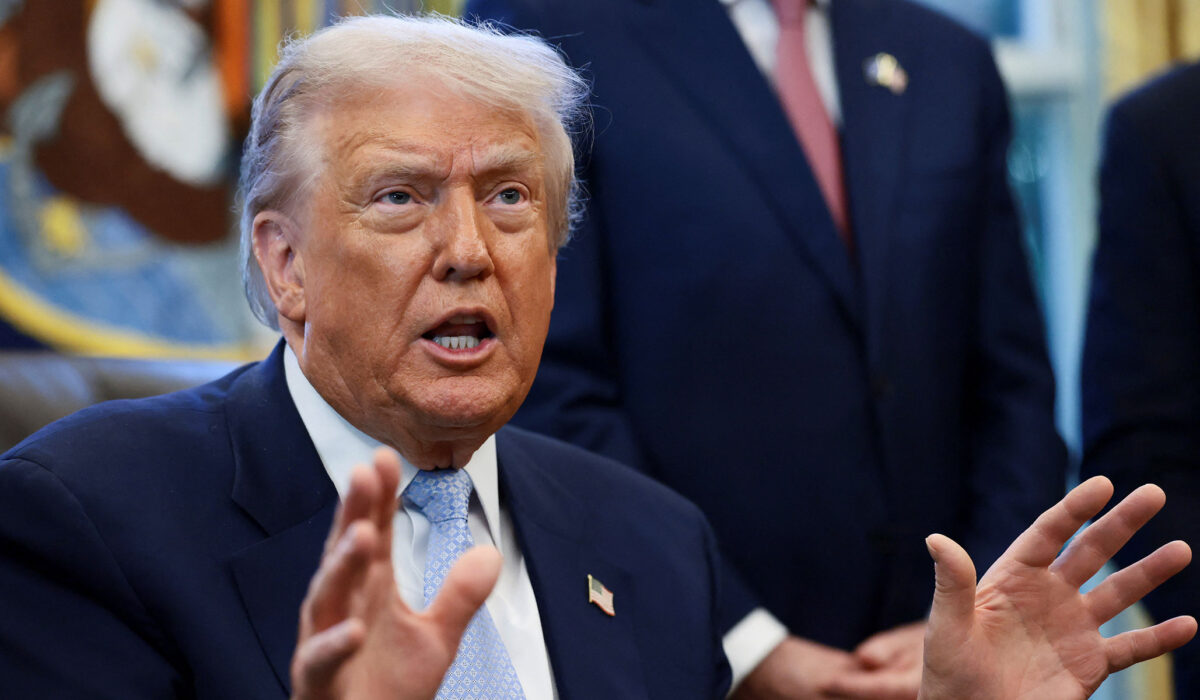How Pharmaceutical Deals Could Give the President New Leverage
Much-touted pharmaceutical deals could end up giving the president new leverage. Those agreements are not just business transactions; they are bargaining chips that reshuffle power between the federal government, drug makers, and international suppliers. Watching how those chips are used tells us a lot about priorities for Americans who want lower costs and secure supply chains.
Pharmaceutical contracts can include advance purchases, guaranteed volumes, and strings tied to domestic production. When the White House negotiates terms, it can demand factories be built on American soil and raw materials sourced from friendly countries. That kind of leverage has real consequences for jobs and national security.
Leverage shows up in pricing pressure too, since large, guaranteed sales allow the government to ask for discounts. From a conservative perspective, those discounts should translate into lower out-of-pocket costs for patients rather than windfalls for executives. The question is whether the administration will insist on transparent pricing and measurable consumer benefits.
Government leverage also covers data sharing, clinical trial access, and supply chain visibility. If the president makes access to public markets or regulatory fast tracks conditional, companies will pay attention. That creates an opening to force better planning for shortages and to reduce dependence on adversarial nations for critical inputs.
But there are risks when leverage is misused or poorly structured, including cronyism and market distortions. Deals that favor politically connected firms can stifle competition and slow innovation, which conservatives worry about as much as anyone. The smart move is to set clear rules of engagement up front and limit long-term subsidies that lock the industry into inefficient paths.
Another trade-off is between negotiation and blunt regulation; Republicans tend to favor carrots over heavy-handed price controls. Using procurement leverage and tax incentives to reshore manufacturing is a conservative approach that aligns market incentives with national goals. It preserves entrepreneurial energy while correcting strategic vulnerabilities the free market alone left exposed.
Legal and political pushback is almost guaranteed, since beneficiaries and critics will litigate and legislate over perceived winners and losers. Congress can push back or codify parameters, and courts will test executive authority when lines are crossed. Republicans should demand oversight to ensure deals serve taxpayers and not just campaign coffers.
For consumers, the most important measure is whether leverage reduces costs and improves access to medicines. Policymakers should require clear benchmarks, reporting, and sunset clauses so taxpayers do not underwrite permanent corporate advantage. Keeping the focus on patient outcomes and supply chain resilience turns political leverage into real gains.
In practical terms, the next steps are straightforward: insist on transparency, tie incentives to measurable domestic production, and avoid permanent subsidies that skew competition. That approach gives the president room to use bargaining power without becoming the industry’s long-term landlord. Voters should watch whether the deals go to the public good or to private gain.

